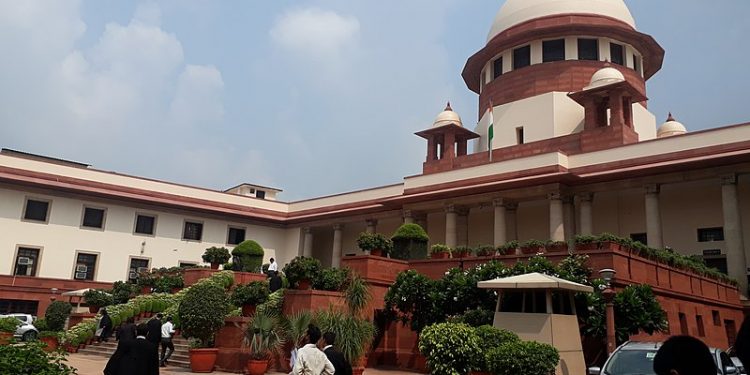New Delhi: The Supreme Court agreed Tuesday to consider a plea seeking to declare the process adopted by some high courts to confer ‘senior designations’ to advocates through the process of secret voting of the full court as ‘arbitrary and discriminatory’.
A Supreme Court bench comprising Justice UU Lalit, Justice Ravindra Bhat and Justice PS Narasimha said it will hear the application filed by senior advocate Indira Jaising, on whose PIL the apex court had come out with a slew of guidelines for designating lawyers as seniors in 2017.
Jaising said the designation of lawyers should be based on marks given by the designated committee and the voting should be resorted to ‘only’ when it is ‘unavoidable’. She said, adding that some high courts use the voting method as a norm and not an exception.
“It is a judgement (of 2017) which requires to be worked out by the Supreme Court. This issue has been hanging fire for very long,” Jaising said.
The plea referred to the use of secret voting process as the norm by the Delhi as well as the Punjab and Haryana High Courts despite the fact that the committees, set up for this purpose, assign the marks to the lawyers based on the ‘objective criteria’ formulated by the 2017 judgement.
In 2017, the top court had laid down guidelines for itself and 24 high courts to govern the exercise of designating lawyers as seniors. For the apex court, it had said that a five-member permanent committee headed by Chief Justice of India be set up for short-listing candidates for conferring senior designation.
“All matters relating to the designation of senior advocates in the Supreme Court and in all the High Courts of the country shall be dealt with by a Permanent Committee to be known as ‘Committee for Designation of Senior Advocates’,” the Supreme Court had said.
The panel will be headed by the CJI and consist of two senior-most Judges of the apex court or ‘High Court(s), as may be’, and the Attorney General or the Advocate General of a state in case of a High Court will be its member, it had said.
On giving the Bar representation, it had said ‘the four Members of the Permanent Committee will nominate another Member of the Bar to be the fifth member of the Permanent Committee’.
“Voting by secret ballot will not normally be resorted to by the Full Court, except when unavoidable. In the event of the resort to the secret ballot, decisions will be carried by a majority of the Judges who have chosen to exercise their preference/choice,” it had said.






































